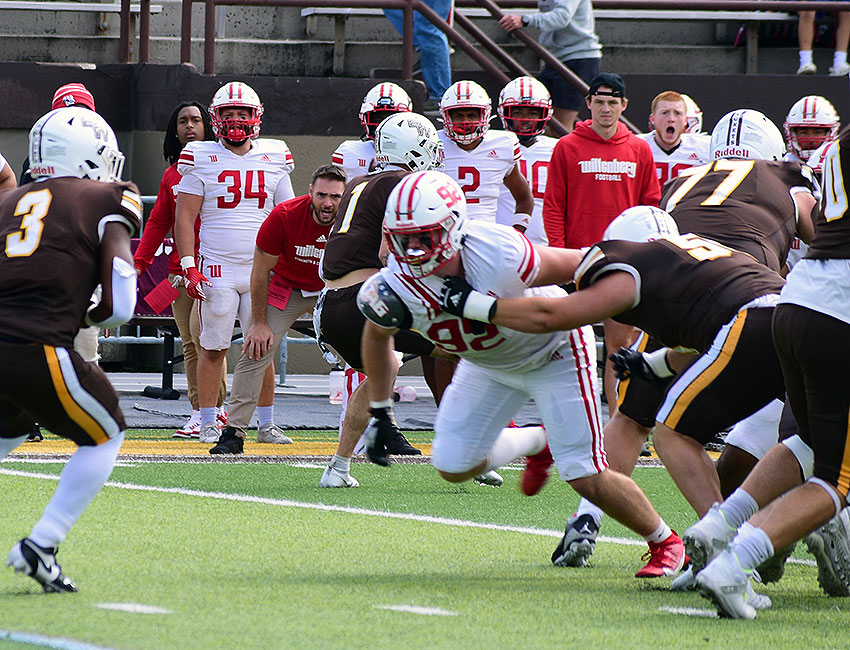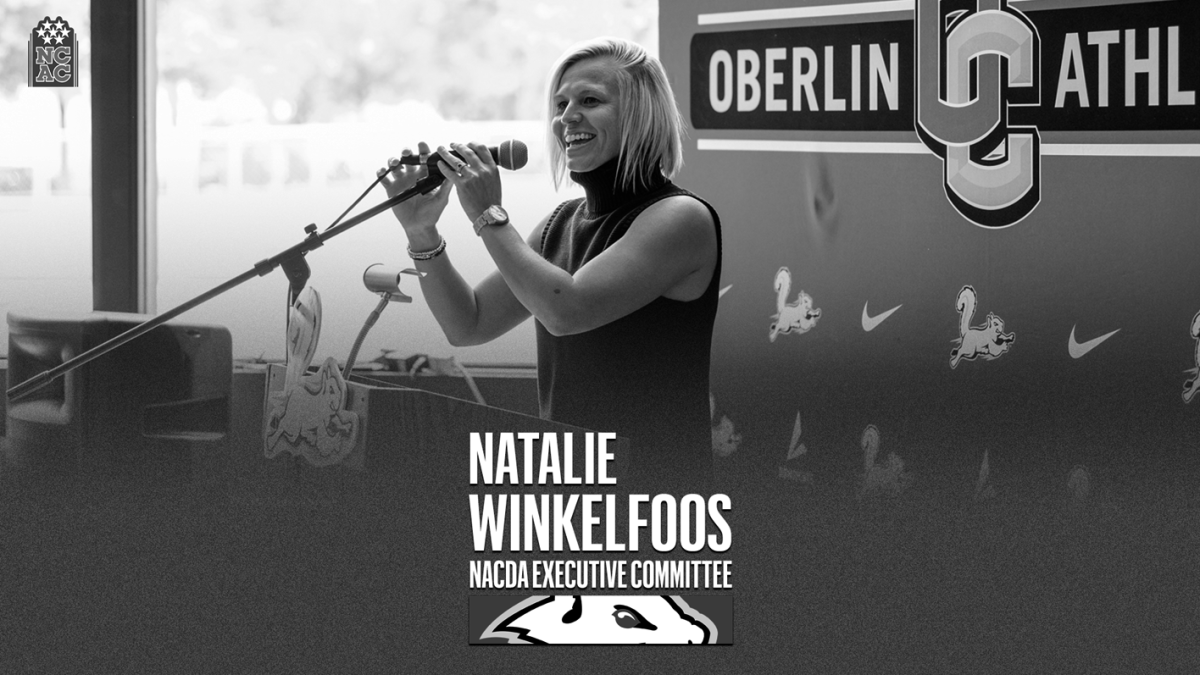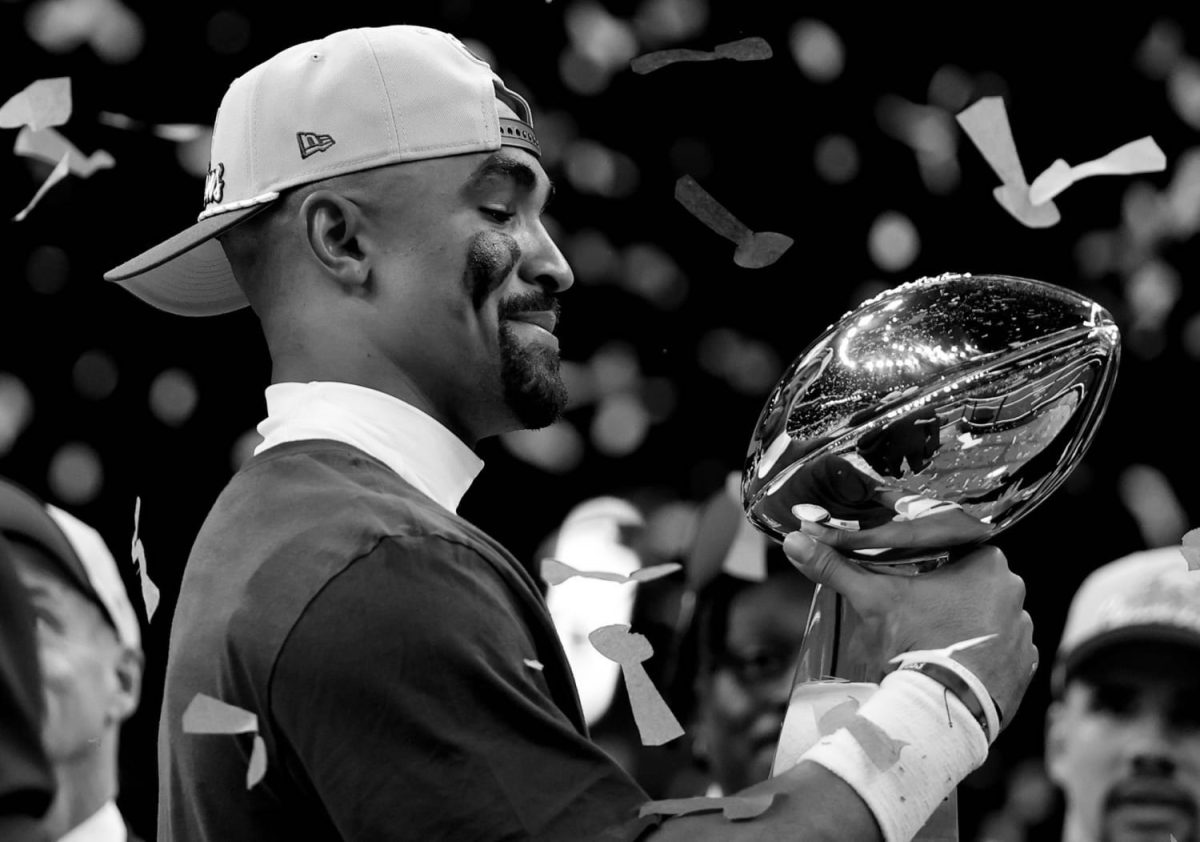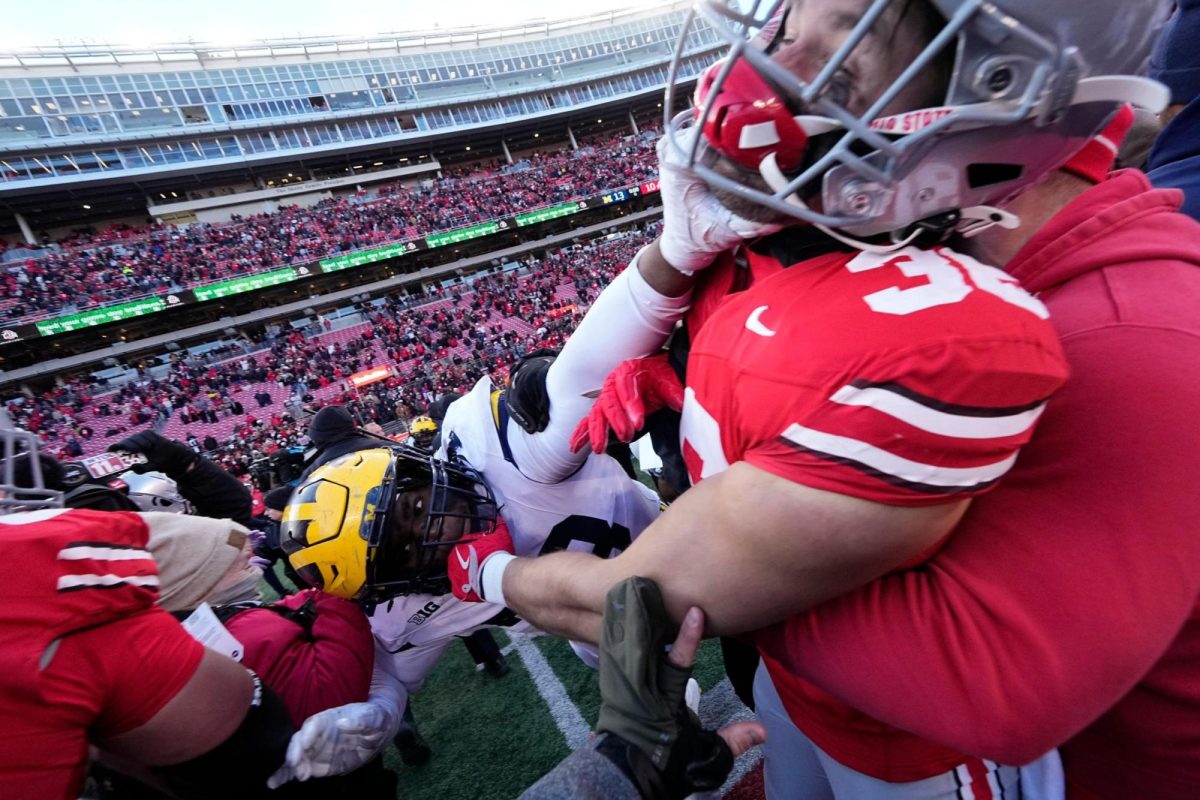On Sept. 15, Wittenberg University, located in Springfield, canceled all school events through Sept. 22. This decision, along with the choice to move classes online, followed the statements made by former President Donald Trump during the Sept. 10 presidential debate in which he claimed that Haitian migrants were “eating the pets of the people that live there.”
Since the debate, the Haitian community of Springfield has experienced a surge in violent threats extending to local high schools and universities. Bomb and shooting threats have been made against Springfield schools, including but not limited to Wittenberg University. Wittenberg, a school in the same athletic conference as Oberlin College, the North Coast Athletic Conference, was forced to cancel all sporting events for a week. The school was also forced to move classes online until Monday, Sept. 23.
The threats made to the school ranged from broad overall warnings sent via email, to specific threats targeting Haitian students and staff members at the university. Wittenberg immediately began an investigation with the help of the FBI. When asked if he denounces the bomb threats, former President Trump reiterated his stance that the Haitian people of Springfield are there illegally, stating, “I don’t know what happened with the bomb threats. I know that it’s been taken over by illegal migrants.” The local police, however, have stated that there is no credible evidence to support this claim and that they have not received any reports of pets being “stolen” or “eaten.” Governor DeWine also challenged Trump’s statement about illegal migrants, stating that the Haitian community in Springfield is documented.
“These people are here legally,” Governor of Ohio Mike DeWine said in response to Trump’s claims. “They’re here legally, and they want to work, and they are, in fact, working.”
Due to the threats against Wittenberg, the university was unable to participate in any home or away sporting events. The school was forced to cancel a total of 15 events, including games and meets of cross country, field hockey, golf, men’s tennis, and men’s and women’s soccer. Considering college sports have set schedules, it will be very hard for the teams to make up for the missed games.
“It will be very challenging for highly physical sports like soccer, field hockey and football, which require longer periods of rest and recovery between games, to add games into the second half of their 2024 schedules,” a Wittenberg spokesperson said in an interview with The Athletic. The threats to the school have set the teams back a step in comparison to all the others in the conference.
The University of Wittenberg has been working with local law enforcement along with the FBI in an attempt to create stronger safety measures as students begin returning from online classes and as sports events start picking back up. There will be more patrols conducted by the campus security team, who will be aided by local law enforcement. The Department of Homeland Security also will be involved in the monitoring of online activities to catch any more possible threats.
Though the statements made by former President Trump have been proven untrue, the effects of such claims are still haunting the Haitian people of Springfield and the students of Wittenberg. Threats of violence have not only stopped students from learning, but have also stopped student athletes from engaging in activities they love that enable them to show their pride for their team. Wittenberg students and student athletes must now not only cope with living in this security-amplified environment, but must also try to reschedule sporting events in an attempt to make up for lost time. During this highly tumultuous election period, we need unification and empathy rather than misinformation and threats of violence. As Springfield’s mayor Rob Rue stated, “We need help, not hate.”
On Monday, Sept. 23, the University of Wittenberg reopened their campus.












